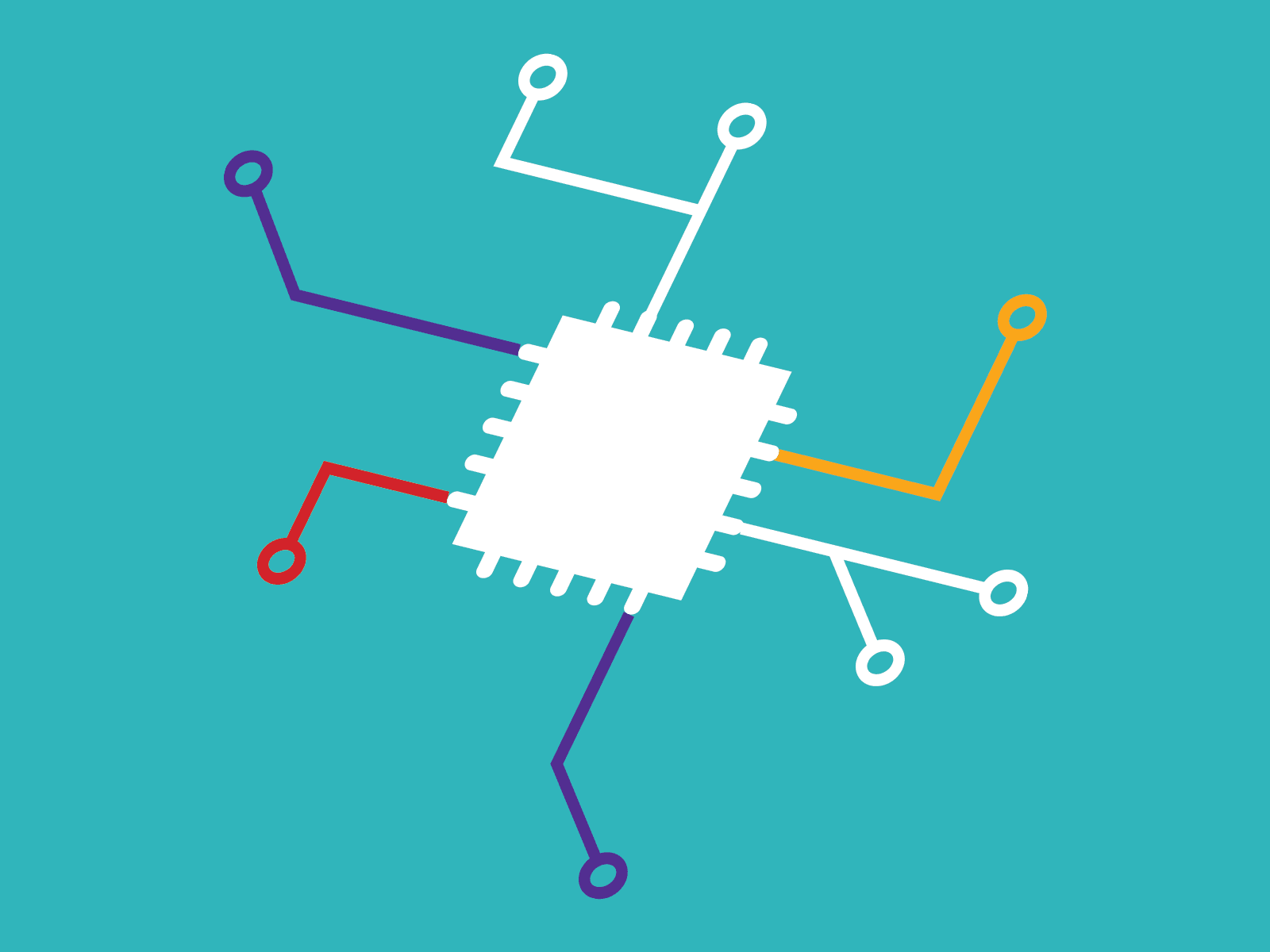What is the effect of algorithms on our society? And will these algorithms make dating more fun or easier? Last month, six discriminating Tinder chatbots have been active in Amsterdam to place users in a 'box', as part of the research of Mark van Koningsveld, intern at Waag.
In which 'box' would you rather or not want to placed?
During this evening at Sociëteit Sexyland, Mark presents the results of his research. In addition, various speakers speak about the effects of algorithms on society.
Data and algorithms
Every day we are put in 'boxes' on the basis of our data without having to say anything about it. If you watch a movie on Netflix, the algorithm will then recommend more of the same type of movies. It goes wrong if this type of superficial data is used to make it easier to trace crime, something that is already happening in Amsterdam with the CAS system (Crime Anticipation System).
Within Mark's project 'Hokjesbot' (Bots & Boxes) Tinder chatbots were developed that analyse profile pictures and swipe profiles based on their own opinion, which is built in via algorithms. Are you photographed with a tiger, with your soccer team or with beer at a festival? Everyone used the algorithms to be placed in one of the six boxes. After a match, the chatbot will share the box given to his or her match to elicit a response. Then they check whether they are okay by starting a conversation. The reactions were interesting and will be discussed this evening. Other artists will also exhibit their work related to algorithms and humans.
Image recognition
The Tinder chatbots were developed with open-source, available technology based on image recognition. This technology is often used when looking for the perfect match. In his research Mark uses this technology to investigate ethics behind these algorithms. How do people react when confronted with these algorithms? Do they agree with 'their box' and what could they do about it?
Admission: 2.50 membership (valid for one month)
